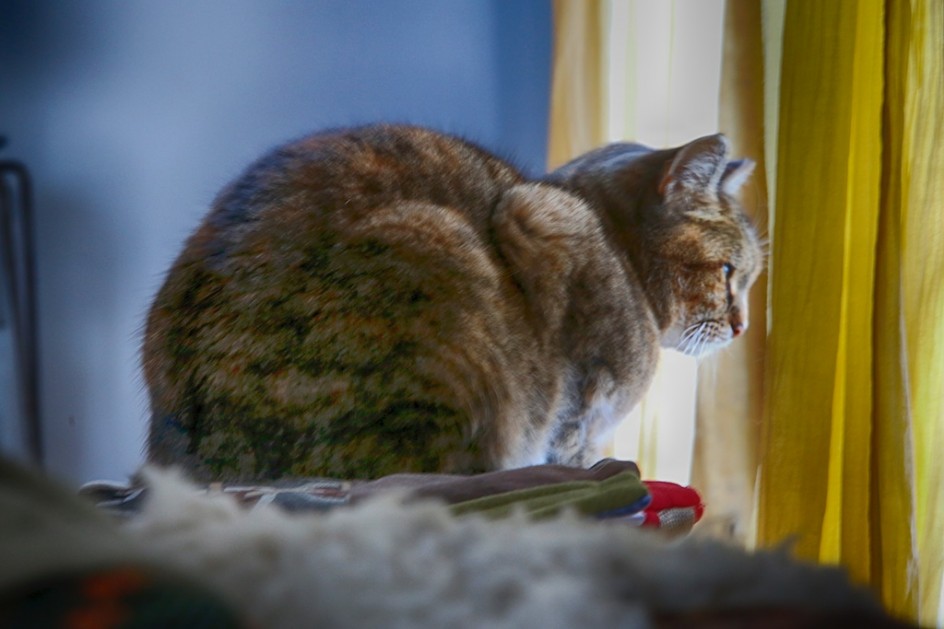
The question I am most frequently asked is how I became a writer. There is, I think, this idea about writing that it is something that can be learned, picked up in workshops, in courses, consciously acquired. I believe it is internal, I like what John Updike said about it, writers are people who write, there are people who write and people who talk about writing. Creativity is an ideology, a passion, a way of life, it is not a workshop skill.
I have always wanted to be a writer, ever since I had consciousness, in my dreams, reading the Hardy Boys, hanging around libraries. I have never wanted to be anything else, never once thought of being anything else. Someone e-mailed me recently and accused me of not being a real farmer, and I laughed. I have never wanted to be a real farmer, never claimed to be one, am horrified at the very idea. I wouldn’t last an hour as a farmer, but being a writer with a farm is right for me, it is the perfect choice.
But the questions have also got me to thinking about how I did become a writer, and one thing comes to mind again and again. When I was ten or eleven years old I began writing letters to the Providence Journal, my home-town newspaper. I read the letters section of the editorial page and I decided that was my best shot at getting published. I racked my brain to think of issues I could write about – there were none, really, that I could think of. Driving by a neighborhood high school (or being driven) I noticed that kids after school were pouring out into a busy street, ignoring the lights, there was no traffic guard or police officer.
That, I thought, was my gateway to being a writer. I wrote a letter to the paper, I spent hours polishing it and tightening it, then typing it, getting the right envelope, taking it to the post office and mailing. I heard nothing for weeks, I went to the mailbox every day, scoured the paper every day after my parents were done with it. I told no one about the letter to avoid embarrassment if it was rejected. Then one warm summer afternoon I picked up the paper and saw my letter – arguing for a traffic guard for Hope High School on Main Street. It was the first time I ever saw my words, my name, in print.
I can’t describe the thrill I felt, the jubilation, really at seeing my words. I had come home, found myself, my destiny, my identity, much like some wonderful musician when they first pick up a violin or an athlete when they hit their first baseball or went skiing on their first mountain. I knew writing words was what I would be doing for the rest of my life, I was right. I have never regretted it, love every day that I do it, will write until I keel over and drop.
I clipped that letter out, kept it in my room, hidden in a drawer. One day my mother came in and threw all those clothes out, my clipping went with them. I don’t recall that my parents every saw my letter (or the several that followed it), I think one of my teachers might have spotted it but was incredulous that it was me. I don’t think any other child in Providence read the letters page of the Journal editorial page, they would have thought me stranger than they already did.
I took the letter to my grandmother and read it to her, I tried to explain what it was, but she didn’t speak much English and patted me on the head and went to the kitchen. She came back with a tootsie roll, I think of it as the first payment for my writing work.
I did notice a few weeks later that there was a crossing guard at Hope High School, I wondered if that was because of me. Writing is the expression of my soul, I don’t think I could have survived doing much else, I would not survive for long today doing anything else. Writing is a passion, a lover, it is not really a choice. When I teach writing, something I do not often do, I look for that passion, you never need to urge a writer to write, I think, it is embedded in their very spirit.
